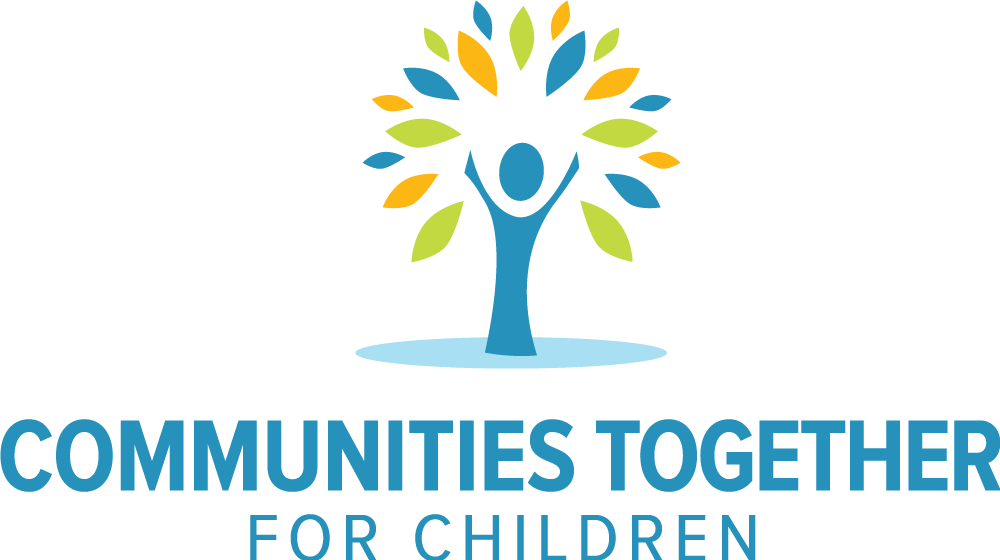Community
- Infant Response Plan
- Thunder Bay District Health Unit
- Dilico Anishinabek Family Care
- The Faye Peterson House
- Thunder Bay Counselling Centre
- Our Kids Count
- Children's Centre Thunder Bay
- Rainbow Collective Thunder Bay
- Children and Youth Community Partner Table
- 150 Acts of Reconciliation
- Trauma-informed
- Trauma-informed (Continued)
- George Jeffrey Children's Centre
- 211
- Shkoday Abinojiiwak Obimiwedoon
- EarlyON
- Tikanagan Child and Family Services




